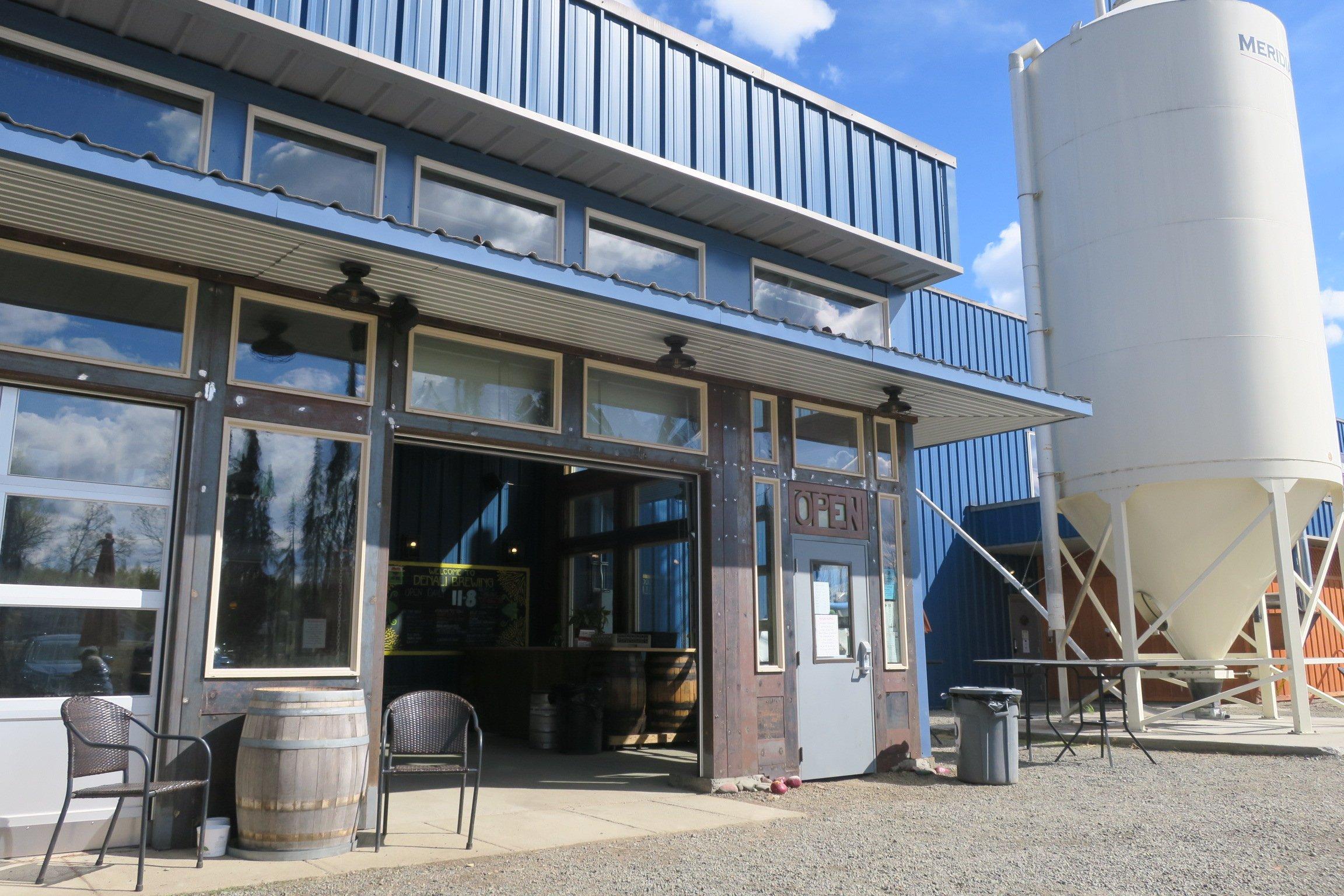Nestled in the Upper Susitna Valley of Alaska, in a historic railroad community used as a launching point for climbers attempting to summit North America’s highest peak, lies Denali Brewing Company. Co-founded by Sassan Mossanen in 2009, Denali Brewing produces around 20,000 barrels of beer and more than 3,000 barrels of winery products annually.
Mossanen will quickly share that he enjoys brewing but doesn’t limit his craft to beer. “I love to ferment things,” he said. “Making wine or a spirit is equally challenging, and we are fortunate to be in a situation where we can express our creative interests in whatever direction we want.” In addition to beer, Denali Brewing expects to produce 60,000 cases of spirits and ready-to-drink cocktails this year.
The Challenge
Lack of Accurate, Timely Data Lowers Production
Denali Brewing is Alaska’s second-largest brewery. It’s become a staple in the local community and a popular destination for tourists. “When we first started, I would load up my truck and personally deliver our beer to customers,” said Mossanen. “We were never focused on producing a bunch of barrels. We’ve always focused on people appreciating our craft and enjoying the beer we produce. As people kept buying it, we increased our capacity, and it led to the organic growth we hoped for from the beginning.”
But like all successful breweries, Denali Brewing’s continued growth depends on consistency and quality. The brewery relied on a part-time lab technician who monitored the fermentations, collecting and analyzing samples several days a week. “We have 20 fermentation vessels and were only getting data on half of them,” said Mossanen. “The tech would collect samples, process and analyze them and provide us with basic data points. The level of accuracy and the frequency just weren’t enough. We weren’t getting data on the weekends. Getting a single data point per day on one tank would often mean that, in the absence of information, we would have to keep that tank on hold to ensure it finished fermenting.”
The lack of real-time visibility into fermentation data began to impact production. “We’re not always able to keep up with demand, so when you aggregate those delays across our operations, it makes a big difference in production. A one or two-day delay each month means that one tank is missing a full rotation every year. We have 20 fermentation tanks, so we weren’t utilizing eight to nine percent of our capacity because we were waiting for information,” said Mossanen.
The Solution
Sennoslink’s Rapid ROI and Visibility into Thousands of Data Points Improves Production, Process, and Profitability
The need for real-time analytics and information led Mossanen to Precision Fermentation’s Sennoslink platform for automated, live-streamed fermentation monitoring.
The Sennoslink platform is a combination of hardware and software that work together to streamline Denali Brewing’s fermentation process. The Sennoslink Fermentation Hub is a sensor that connects to any tank and measures seven critical fermentation elements in real-time. Sennoslink stores that fermentation data in the cloud, where Mossanen and his team can access it from a mobile device or desktop computer anywhere, at any time.
The return on investment was fast, so I don’t know why anyone wouldn’t try Sennoslink. Something that would make us operationally better and pay for itself in such a short time seemed like low-hanging fruit. It didn’t change our craft as brewers; it gave us information.”
Sassan Mossanen, Co-founder and CEO of Denali Brewing Company
“Fermentation is a science, and understanding what is happening in the tanks is the best way to continue improving the quality of our beer,” said Mossanen. “The volume of accurate information we’re getting with Sennoslink is a substantial improvement. We can easily access and analyze thousands of data points remotely. From my desk, I can log in and view real-time data with the confidence that it’s accurate. Knowing that Sennoslink will alert me if one or more data points aren’t trending in the right direction is also a tremendous relief.”
The Sennoslink SaniStation, a CIP station that cleans up to four Fermentation Hubs simultaneously, has accelerated sanitizing and cleaning of the sensors. “We can clean multiple Hubs simultaneously, which allows us to get them back on the tanks faster.” Mossanen and his team manage active cleaning cycles remotely on the Sennoslink Dashboard, where they can also access cleaning logs for FSMA compliance and historical analysis.
Sennoslink has become an integral part of Denali Brewing. “With labor, energy and ingredient costs rising, we’ve had to make difficult decisions about some of our partners,” said Mossanen. “We’re getting squeezed from all sides, but we chose to continue putting money toward Sennoslink and invest in four more Fermentation Hubs because we see the value it’s bringing to our business. It’s given us complete process visibility and control, replaced manual trial-and-error measurements and delivered excellent product and business outcomes.”

Share:
Terrapin Beer Company
Western Red Brewing